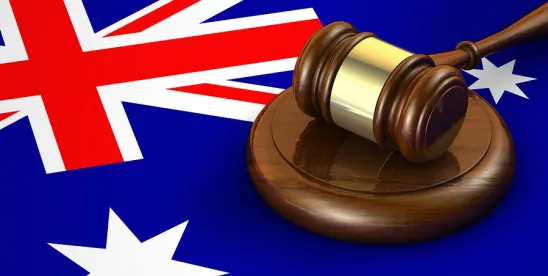Proposed laws favouring the parallel importation of goods are currently being considered by the Australian Parliament. The Intellectual Property Laws Amendment (Productivity Commission Response Part 1 and Other Measures) Bill 2018 (Bill) was introduced to the House of Representatives on 28 March 2018.
As we blogged in January 2018, parallel importation refers to the importation and sale of goods by reference to a registered trade mark that were legally purchased in another jurisdiction. Parallel imports fall outside the trade mark owner’s authorised distribution channel. The price and quality of goods across jurisdictions can vary depending on the marketing strategy of the trade mark owner. Parallel importation therefore involves a conflict of interests between promoting competition and protecting the intellectual property rights of the trade mark owner.
In Australia, trade mark owners have been able to strategically use trade mark law to prevent parallel imports, by assigning registered Australian trade marks to local licensees, distributors or subsidiaries. The proposed new section 122A will preclude trade mark owners from relying on this mechanism. This means that under the proposed new laws decisions like Lonsdale Australia Limited v Paul’s Retail Pty Ltd [2012] FCA 584 and Fender Australia Pty Ltd v Bevk (1989) 15 IPR 257 would be decided differently.
The Bill marks a shift in interests to the detriment of trade mark owners. In his second reading speech, the Minister said that “[r]ecent legal decisions have increased the difficulty for importing legitimately marked goods into Australia. This bill will amend the Trade Marks Act 1995 to reduce uncertainty for importers, which will ultimately strengthen competition, benefiting the market and consumers.”
There is no recognition in the Bill between goods that are sold in one jurisdiction that have a material difference to goods sold in another jurisdiction. A material difference could relate to quality, language, lack of warranty, absence of instructions or incorrect measurements. Trade mark owners would need to rely on the Australian Consumer Law if they wish to raise a material difference with the Court.
Olivia Coburn contributed to this article.




 />i
/>i

